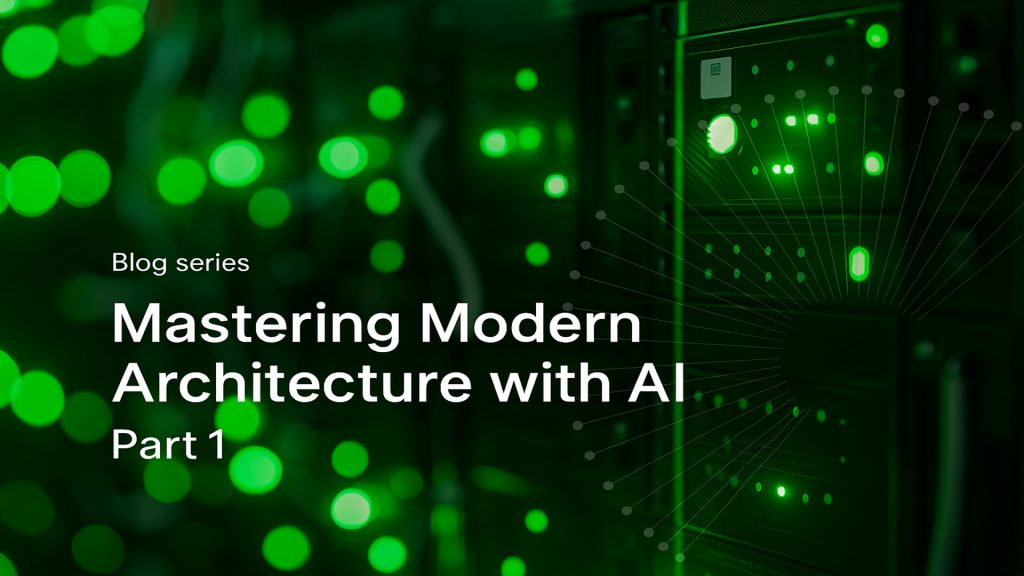Introduction
For decades, companies looking to transform had one major play: bring in consultants. Whether it was for digital transformation, process optimization, or customer experience redesign, external experts were the go-to for strategy, execution, and scale. But AI is changing everything—fast. The rise of AI Vs Consultants showcases a pivotal shift in how businesses approach transformation. The debate of AI vs consultants is now at the forefront, as AI tools begin to replace traditional consulting roles.
Today, businesses no longer need to hire a team of experts to unlock the power of transformation. They can simply subscribe to one.
From Expertise-as-a-Service to Tool-as-an-Expert
Thanks to recent advances in AI, especially large language models and autonomous agents, companies can now equip themselves with tools that think, analyze, and execute like domain experts.
- Need a data scientist? AI tools can analyze your datasets, generate dashboards, and even provide forecasts.
- Want to revamp your marketing? AI agents can design campaigns, write copy, and optimize performance.
- Trying to automate operations? AI orchestration platforms can identify inefficiencies, recommend automation, and even trigger robotic process automation (RPA) workflows.
This shift turns AI into not just a tool—but a team. You’re not just getting software. You’re getting executional intelligence.
Lower Costs, Higher Capability: The New In-House Advantage
One of the most significant implications is cost. Traditional transformation projects involved:
- Long procurement cycles
- Custom-built systems
- Expensive consultants and system integrators
Now, with AI-native tools:
- The upfront investment is minimal.
- Time-to-value is drastically reduced.
- Internal teams can own the transformation journey.
In the ongoing discussion of AI vs consultants, the advantages of using AI are becoming increasingly evident.
This builds long-term capability inside the company. Teams learn by doing. The organizational knowledge stays in-house. And new skills grow organically.
As we explore the differences between AI vs consultants, it’s clear that the landscape of consulting is evolving.
Examples of AI-Driven Internal Transformation
1. Finance Teams with ChatGPT & CoPilot
Mid-size companies now use AI copilots that help controllers and CFOs instantly generate budget reports, simulate cash flow, and analyze variances. No need for external analysts or consultants.
2. Customer Support with AI Agents
AI agents like Intercom’s Fin or Dialpad AI can handle 80%+ of customer inquiries—while learning from every interaction. Instead of outsourcing support, companies can now automate it internally with a smarter layer.
3. HR and Recruiting Automation
Tools like Ashby or HireLogic use AI to screen CVs, draft job descriptions, and even analyze interview responses. What once required a recruitment agency can now be managed in-house with AI support.
4. Strategy and Market Research
Instead of hiring a consultancy to do a competitive analysis, marketing teams can now use AI tools like Crayon or market intelligence copilots to track competitors, synthesize insights, and even simulate go-to-market strategies.
5. Business Transformation Assistant
Don’t buy expensive strategy consultants to make your RPA discoveries or turn such into business cases or digital transformation roadmaps. Use Turbotic AI Assistant to analyze, synthesize and present in minutes instead of days.
Transformation Has Never Been Easier—Or More Disruptive
This democratization of expertise is a blessing for agile companies. Small and medium-sized enterprises can punch above their weight. Startups can scale smarter. Corporations can transform faster, without the traditional drag.
This shift turns AI into not just a tool—but a team in the AI vs consultants dialogue. You’re not just getting software; you’re getting exceptional intelligence.
But it’s also a threat.
Companies stuck in the old playbook—waiting for next year’s consulting budget or locked in slow procurement processes—are at risk of falling behind. The advantage is now with those who build with AI, not just talk about it.
Closing Thoughts
We are entering a world where AI tools are more than assistants—they’re strategic assets. They enable companies to act, learn, and transform continuously, without relying on external experts for every move.
Transformation used to be a marathon of planning. Now it’s a sprint of execution. The winners will be those who hire tools like they used to hire people—and start building with AI from the inside out.







